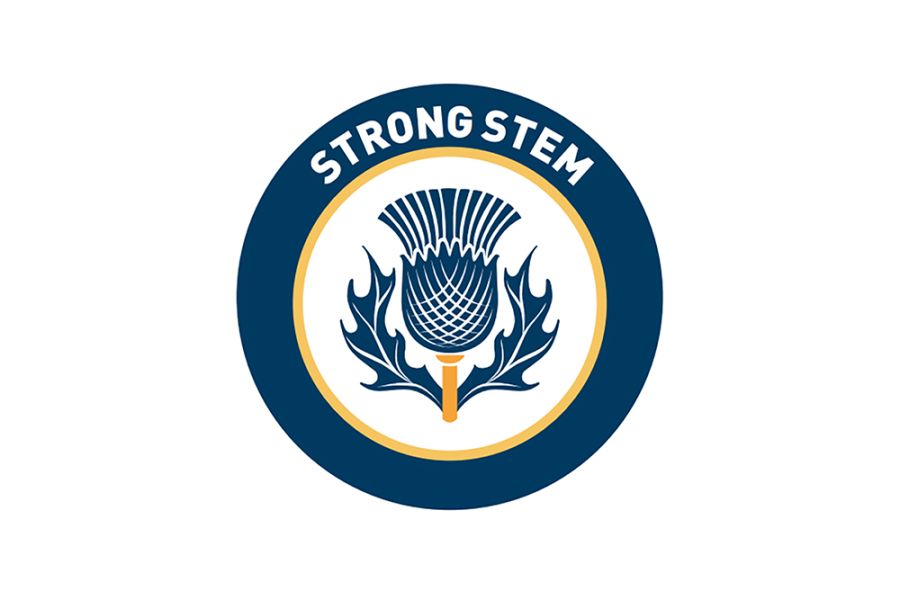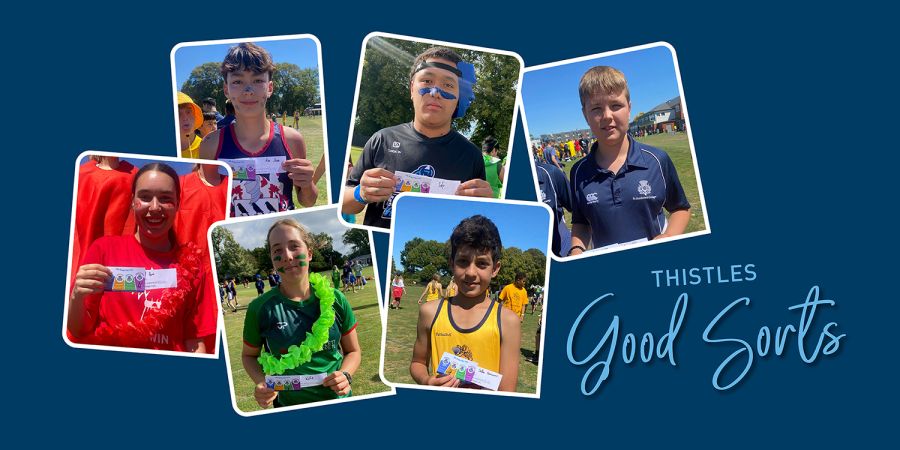Being a Good Sports Parent – Our Code of Ethics
1 April 2025

Summer Tournament week has just finished, and we should all be very proud of the efforts of our students and the support from coaches and parents/caregivers. I was fortunate to spend some time at Mount Hutt with the mountain bikers, and it was a most enjoyable experience supporting these athletes along with the parents and wider whānau.
Being a good sports parent involves striking a balance between support and allowing your child to develop their own identity and autonomy. It was fantastic to see first-hand some of these important principles on display at the mountain biking events, and at many other sporting tournaments around New Zealand.
1. Be Supportive
Presence: Be physically and emotionally present for your child. Cheer them on and celebrate their achievements without being overbearing.
Encouragement: Encourage your child to participate and enjoy the sport, focusing on their effort and improvement rather than just winning.
2. Avoid Overemphasis on Winning
Perspective: Winning is great, but it shouldn't be the sole focus. Emphasise the importance of effort, teamwork, and personal growth.
Balance: Help your child understand that losing is a part of sports and an opportunity to learn and improve.
3. Model Positive Behaviours
Role Model: Demonstrate good sportsmanship, respect for coaches and officials, and a positive attitude.
Behaviour: Avoid negative behaviours such as arguing with coaches or officials, which can set a poor example for your child.
4. Respect Your Child’s Coach
Trust: Trust the coach's decisions and support their efforts to guide the team.
Communication: Maintain open and respectful communication with the coach, addressing any concerns privately and constructively.
5. Focus on Fun and Development
Enjoyment: Ensure that your child is having fun and enjoying the sport. This will help them stay motivated and engaged.
Skills: Encourage the development of skills and personal growth over merely winning games.
6. Promote Balance
Time Management: Help your child balance sports with other important aspects of life, such as schoolwork, rest, and family time.
Variety: Encourage participation in different activities to prevent burnout and promote overall development.
7. Listen and Communicate
Cues: Pay attention to your child's cues and be ready to discuss their experiences and feelings about the sport.
Support: Provide a listening ear and constructive feedback, helping them navigate challenges and celebrate successes.
8. Encourage Autonomy
Decision-Making: Allow your child to make decisions about their participation and involvement in sports.
Independence: Support their efforts to develop independence and self-confidence through their sports experiences.
Conclusion
As part of our Balance is Better at StAC approach, following these tips can create a positive and supportive environment that helps your child flourish in sports while developing important life skills.
To support this, we have developed our own Code of Ethics that can help us support our rangatahi.
Related Posts


